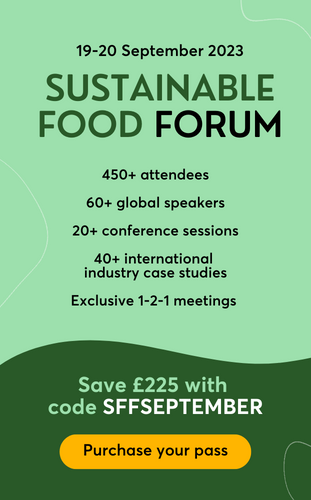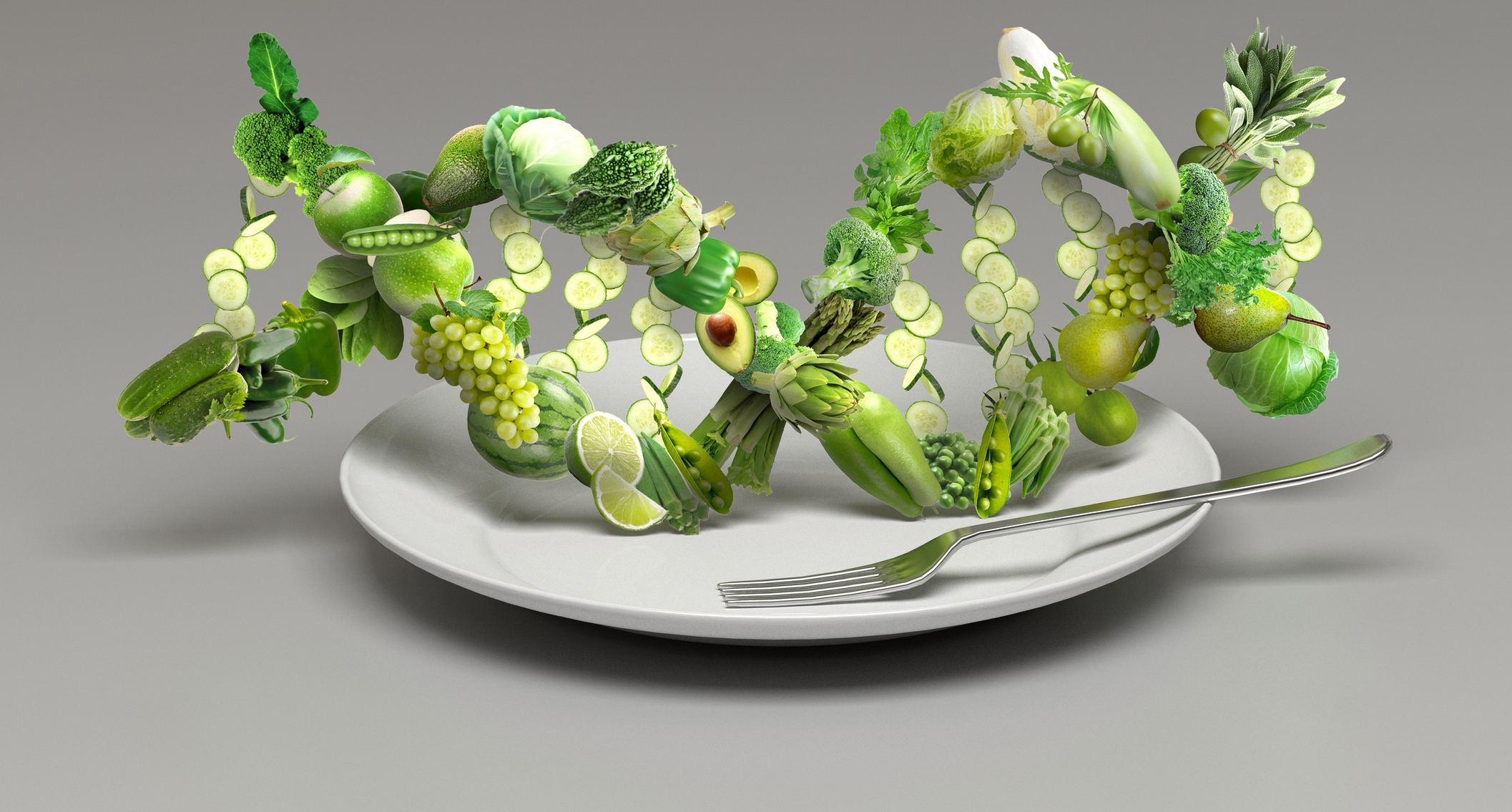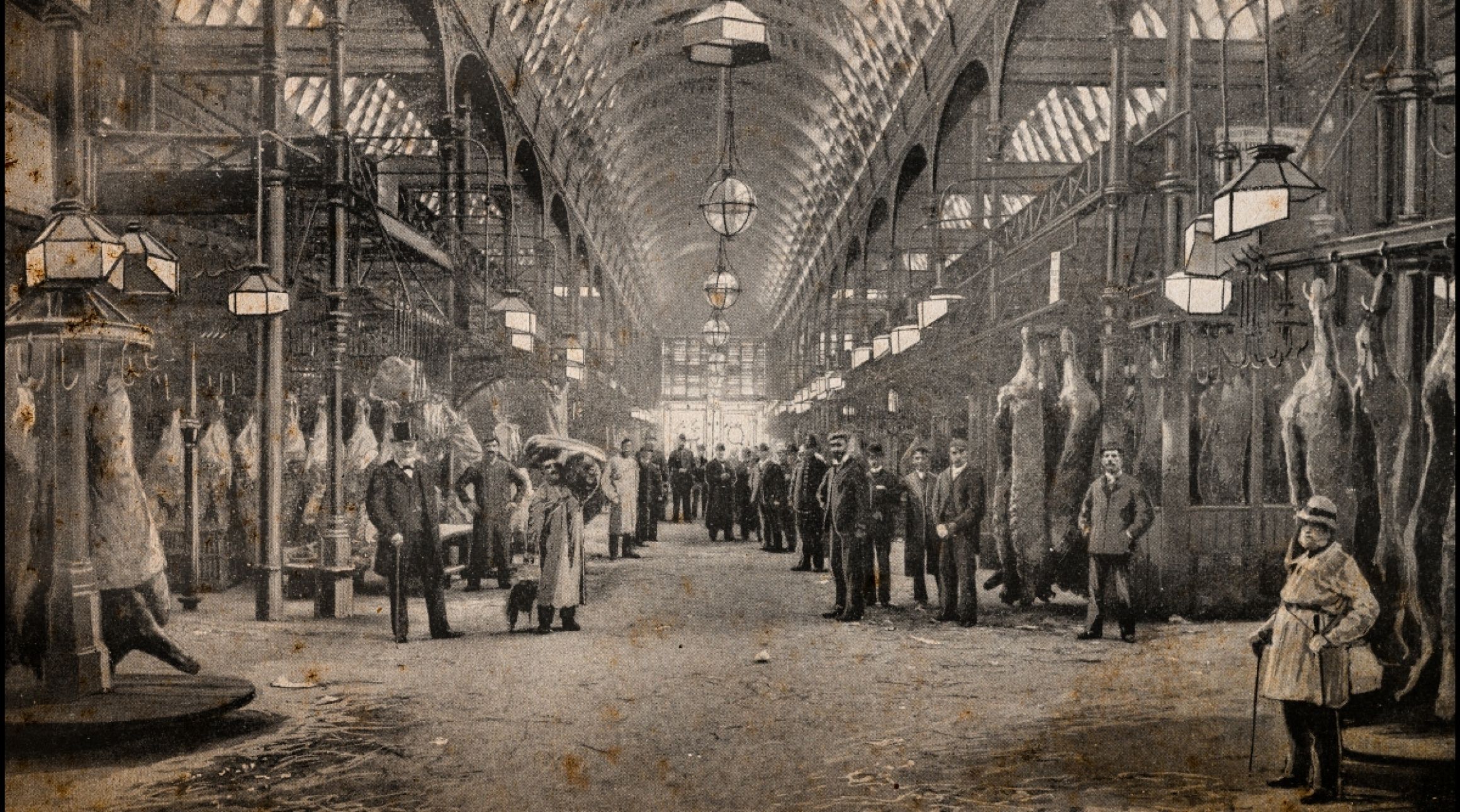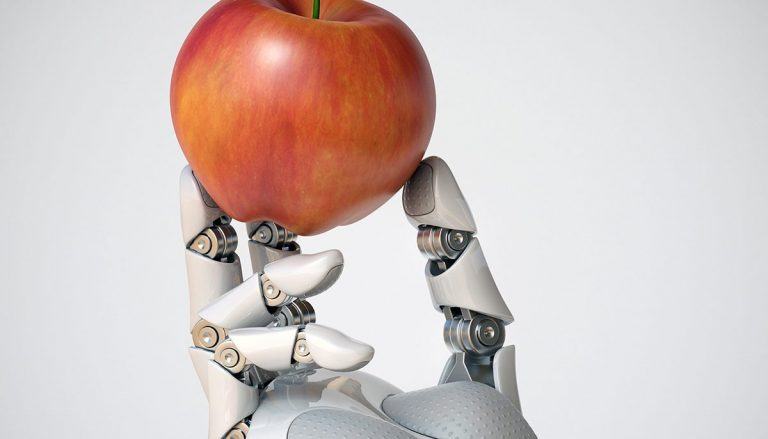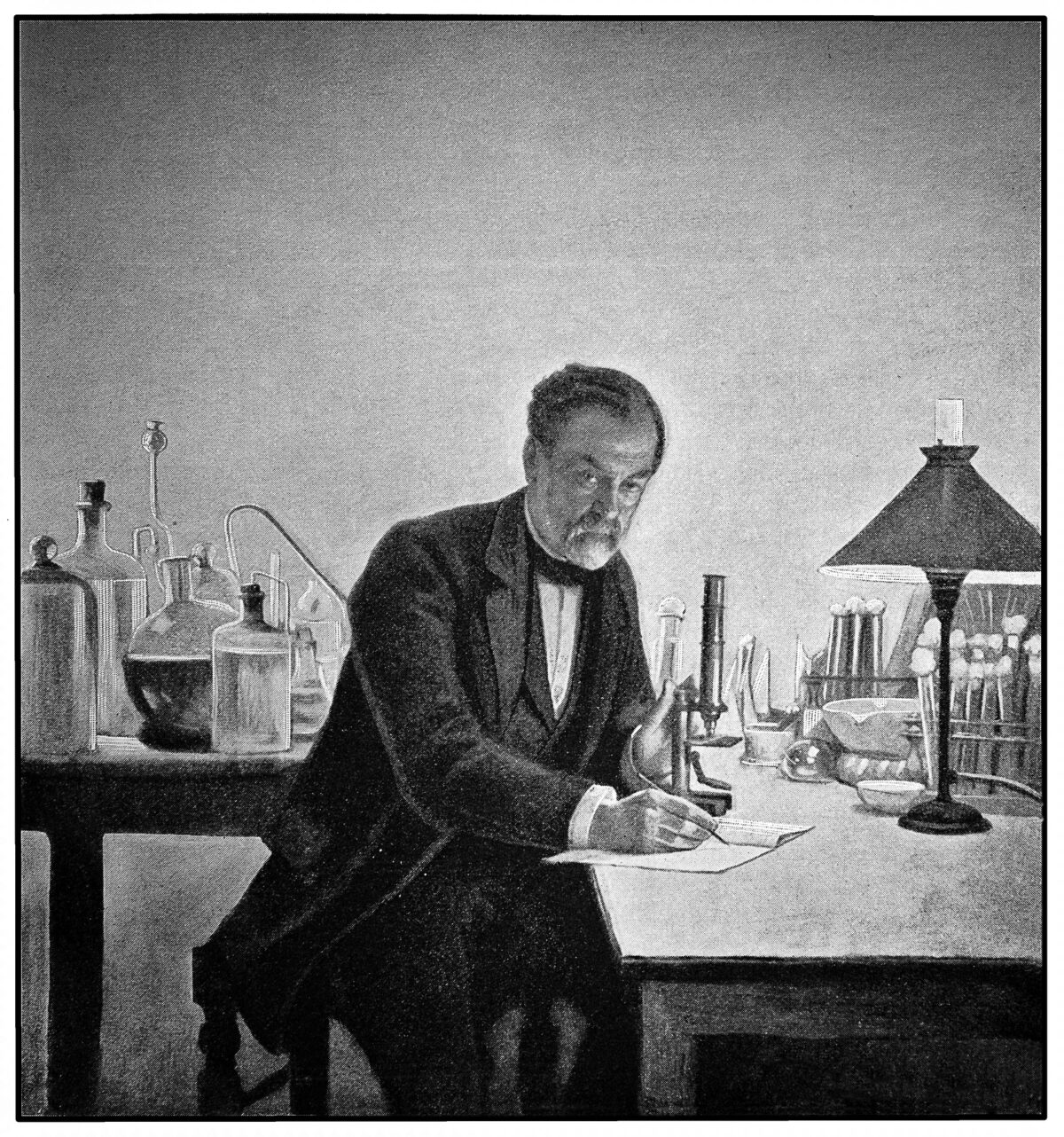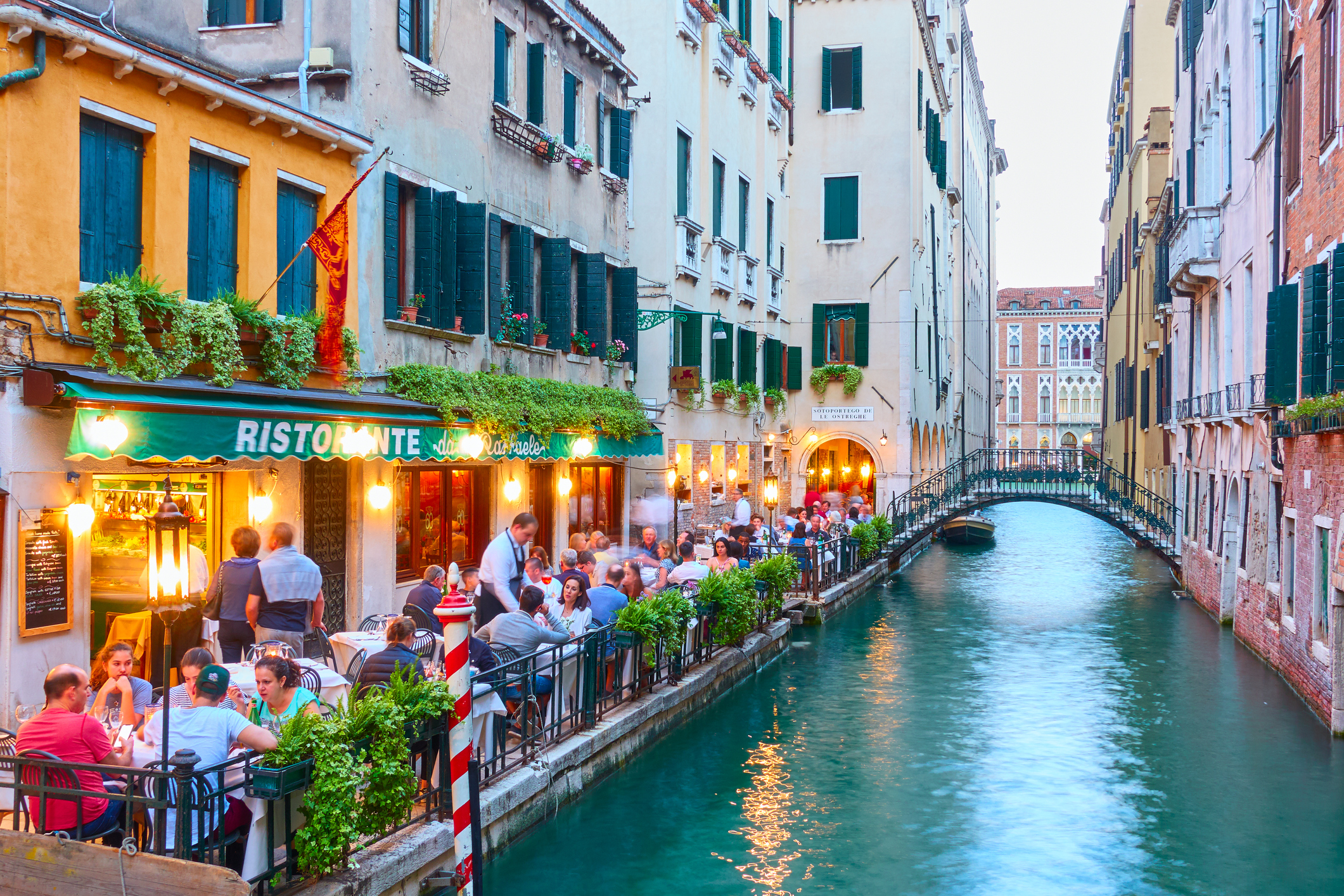Slow Food: changing the way we eat and preserving traditions one mouthful at a time

In the mid 1980s, food and wine writer Carlo Petrini, along with several food loving friends and colleagues, was shocked to discover that McDonald was planning to open a fast food restaurant in Rome’s Piazza di Spagna near the iconic Spanish Steps. Petrini and his friends joined the thousands of protesters who opposed what they regarded as a travesty of the city’s cultural and gastronomic heritage, with Petrini handing out plates of pasta to the crowds gathered in the square. Although the protest was unsuccessful and McDonald’s opened in 1986 as scheduled, this was the catalyst for Petrini that spurred him on to found the Slow Food movement.
Petrini and a group of eco-conscious food lovers met to think of ways to not just preserve traditional national foods, but to celebrate them and to take a stand against the relentless onslaught of industrialised and standardised fast-food products. It took three years of inspired thinking and discussion before the Slow Food Movement was born.
In 1989 Slow Food was created by Petrini and on 9 November of that year at the Opera Comique in Paris, delegates from 15 countries endorsed the Slow Food Manifesto, written by Petrini and his friend, the journalist and poet Folco Portinari. The Slow Food International headquarters are still in Bra, the town in Piedmont where the movement was born.
Since then, Slow Food, with its trademark symbol of a golden snail, has grown into a huge international non-profit-making movement, with over 100,000 members in 160 countries, organised into local groups (convivia), whose members pay an annual membership fee and meet regularly to organise themed dinners, food, wine and beer tastings, visits to farms and producers, and also work to safeguard and revive traditional agricultural methods and techniques.
Slow Food’s original aim – to defend regional traditions, enjoy good food and a slower pace of life – has progressed over the years to include a wide-ranging approach to food, one that appreciates and understands the strong connections between plate, planet, people, politics and culture. Slow Food aspires to stop the disappearance of local food cultures and traditions, lessen the effects of today’s fast life and end people’s declining interest in the food they eat, where it comes from and how it is made, and also by demonstrating how our food choices affect the world around us.
Over the last few decades, many artisan food producers have gone out of business – small specialist food shops have closed due to the dominance of supermarkets and numerous varieties of cereals, vegetables, fruits, breads, cheeses and animal breeds have disappeared. Slow Food believes that through our food choices we can all influence how food is cultivated, produced and distributed, and change the world as a consequence.
Our eating habits have certainly undergone huge changes in the last couple of decades. As we all live at a faster pace, demand has increased for convenience foods, and processed, ready-made meals have replaced healthy balanced meals and vegetables in many households. The market for fast food has rapidly increased and this, plus constant snacking and the abandonment of traditional mealtimes, is having a marked effect on our health. If that isn’t bad enough, much of our food is also subjected to intensive farming and pesticides.
Present day catastrophes such as ecosystem destruction, biodiversity loss and the bizarre coincidence of hunger and obesity are worryingly evident. However, we can all do our bit – by eating fresh foods in season, rather than imported out of season foods flown in from thousands of miles away; by growing our own foods in a garden or allotment; by buying food from local farmers markets and farms; by cutting down on consumption of meat and fish and eat more vegetables, plants and fruit; by using up leftovers and wasting less food.
Food waste is a major contributor to climate change. In most countries food waste goes to landfill, and its breakdown produces methane, a greenhouse gas contributing to climate change.
Today the Slow Food Movement forms relationships with producers, campaigns to protect traditional foods and encourages chefs to use local produce. The movement is also involved in thousands of projects and includes a wide variety of organisations, each with its own particular purpose. These include:
The Ark of Taste began in 1996 and collects small-scale endangered food and drink products that belong to particular cultures, together with their unique history and traditions. Some unique products include Bedunica honey from Albania, Añapa, a refreshing non-alcoholic drink made from carob in Argentina and Racemosa, wild coffee from South Africa.
Terra Madre (Mother Earth) Salone del Gusto, an international festival organised by the Slow Food Movement and the City of Turin. It began in 2004 and is now one of the biggest food festivals in the world. This is a spectacular event, held over several days is unmissable for food lovers, with hundreds of global producers, plus talks and demonstrations and of course , plenty of food and drinks to sample. Due to Covid restrictions, the next festival with take place in 2022.
The University of Gastronomic Sciences was established in 2004 by Carlo Petrini and is centred on gastronomic sciences and the relationships between food, ecology, and cultures. More than 2,500 students have taken courses at UNISG since its opening.
The Slow Food Youth Network, established in 2007, aims to encourage young food enthusiasts, chefs, students and food producers to take part in public debates about current issues. Its trademark event is the World Disco Soup Day, where a huge soup is cooked using waste vegetables destined for the scrapheap, along with music and socialising. SFYN events are held throughout the world, and include markets, conferences and festivals.
Slow Food Travel, began in 2018 and is similar, but somewhat different, from the Slow Food and Airbnb collaboration (see below), and aims to revitalise lesser-known regions rich in food traditions. Guides are farmers, cheesemakers, herders, butchers, bakers, winegrowers and chefs. Currently this is available only in Italy, Austria and Switzerland.
Non-profit making Slow Food Experiences in a partnership with Airbnb launched in 2019. Hosts are members of the Slow Food community who act as expert guides for their local areas to provide exceptional insights into local culinary traditions and skills. Guests can visit artisan producers, farmers and markets and take part in cooking workshops.
You can find a Slow Food event taking place somewhere in the world – to promote good, clean and fair food and acclaim local products and traditions. You’re sure to meet some interesting people with often fascinating experiences.
Carlo Petrini continues to be a dominant force at the vanguard of the Slow Food Movement. He speaks at events, attends meetings and supports projects and programmes which continue to inspire the Slow Food cause.
For further information visit Slow Food international website or its British site.


